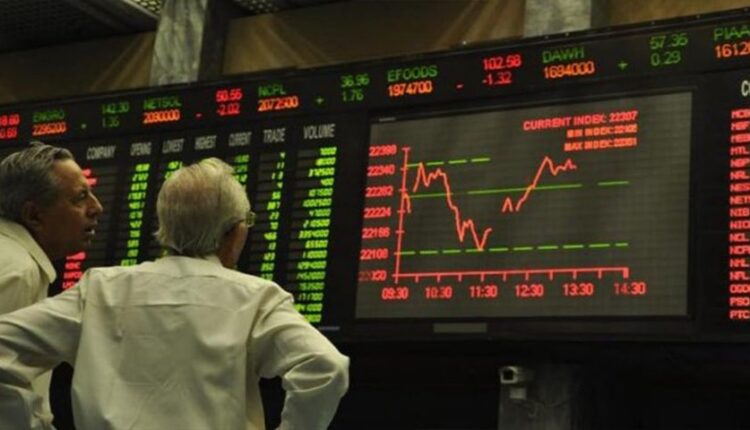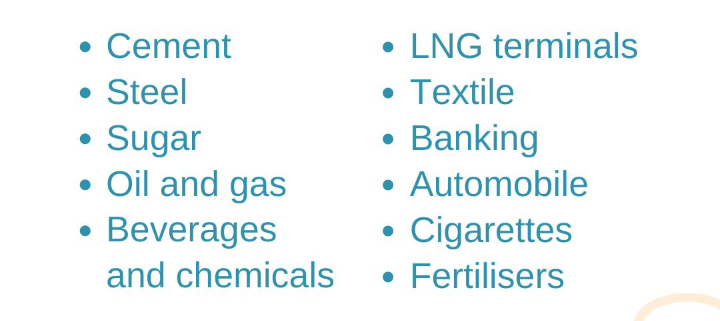What is Super Tax in Pakistan?

Islamabad: Prime Minister Shehbaz Sharif announced that the government will be imposing a 10% Super Tax on large-scale industries in a bid to shore up revenues for supporting the country’s poor amid rising inflation.
Stock market crashed shortly after the prime minister made the announcement.
Government’s critics and politicians including those belonging to the Pakistan Tehreek-e-Insaf (PTI) have come forward to defend the business elite and the rich who make massive profits through government policies which are made to exploit the poor.
PTI’s Hammad Azhar was prominent among those who defended the elite who is enjoying subsidies and benefits of worth $17 billion a year when the people are finding it difficult to feed their children.
The poor are paying the price for the IMF deal of $6 billion in the form of higher inflation and massive increase in petroleum prices and food items.
The poor can be given subsidies if $17 billion subsidies are cut to the elite.
According to a UNDP report of Apr 2021, Pakistan is giving 17 billion dollars subsidies to corporate sector, landed aristocracy, elite class, army and businessmen which is 6% of Pakistan’s budget.
Without paying heed to the report, Pakistani government is begging for six billion dollars from IMF and equal amount from friendly countries.
Senior Economist Yousuf Nazar said, “I should congratulate Miftah Ismail on imposing super tax on large industries as they are already beneficiaries of many benefits from the government.”
He said, “One time super tax on corporates is good but the government needs to do more to bring incomes of large agricultural landlords and land mafia into the tax net so they pay income tax as the middle class salaried people does. Retailers also charge sales tax to customers but don’t to government.”
Commenting on stock market’s situation, he said, “I don’t think stock market reaction is particularly important in Pakistan.”
Meanwhile, Finance Minister Miftah Ismail on Friday clarified that the super tax of 4% will be applicable to all sectors.
He added that for the specified 13 sectors, another 6% will be added for a total of 10%.
“So their tax rates will go from 29% to 39%, he said.
The minister said, “this is a one-time tax needed to curtail the previous four record budget deficits.”
Below is the list of sectors who will pay 10 percent Super Tax:

